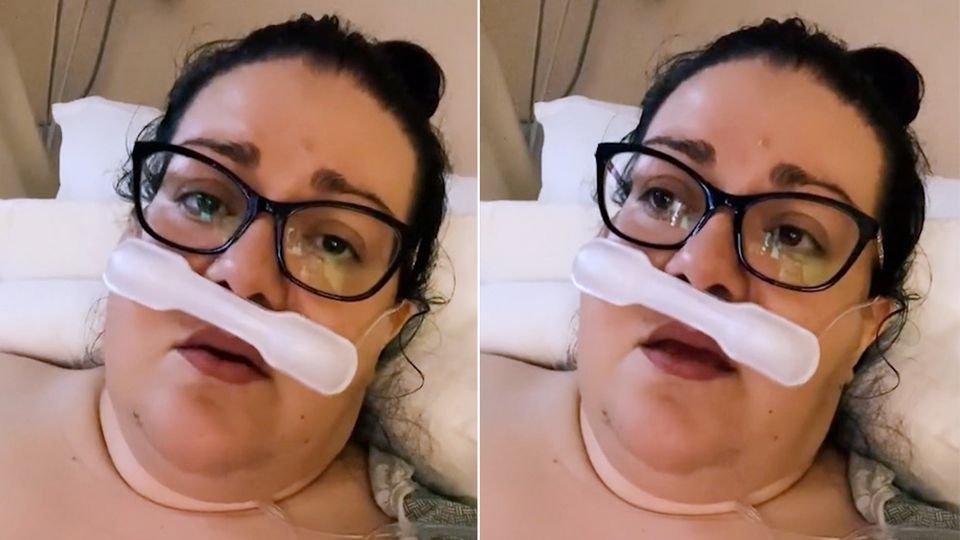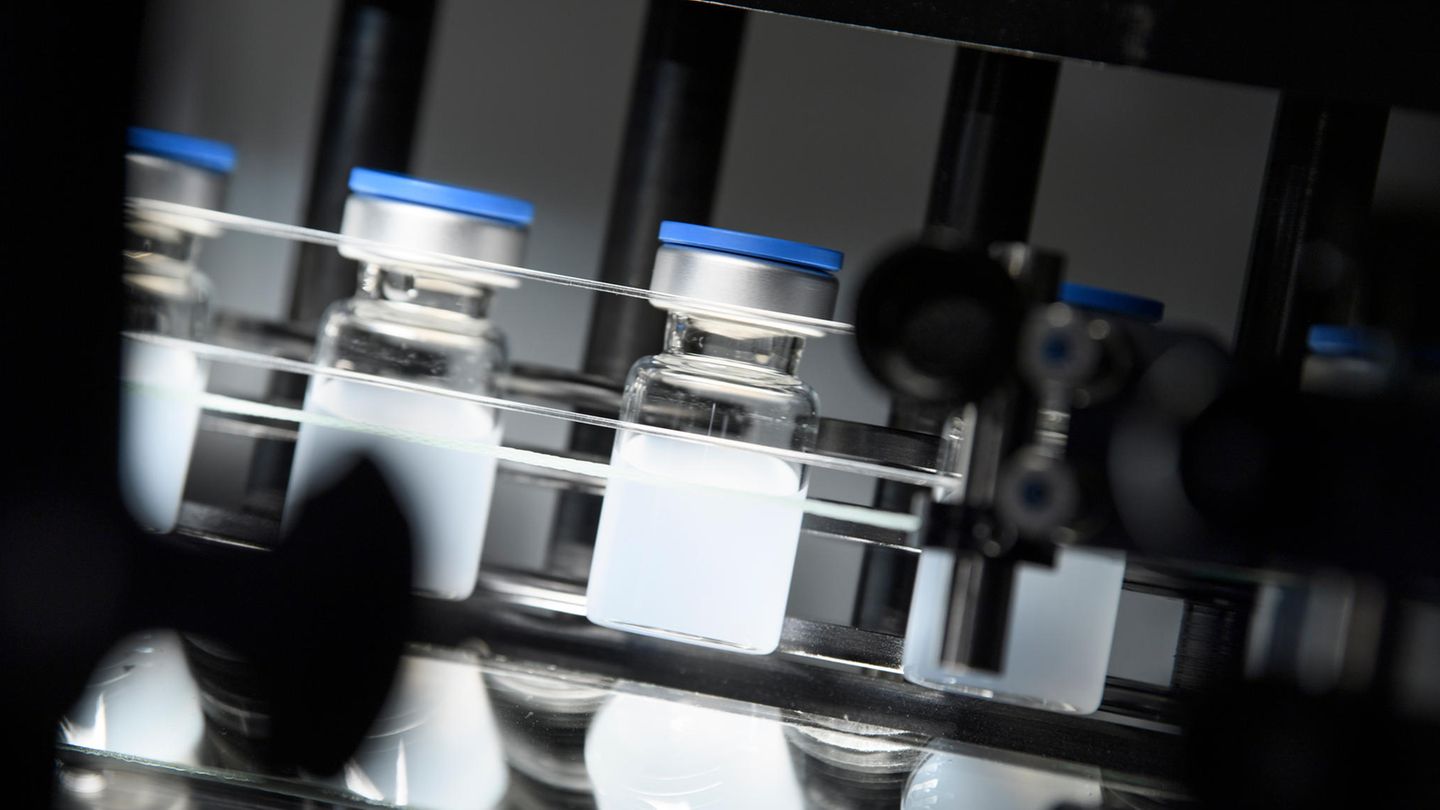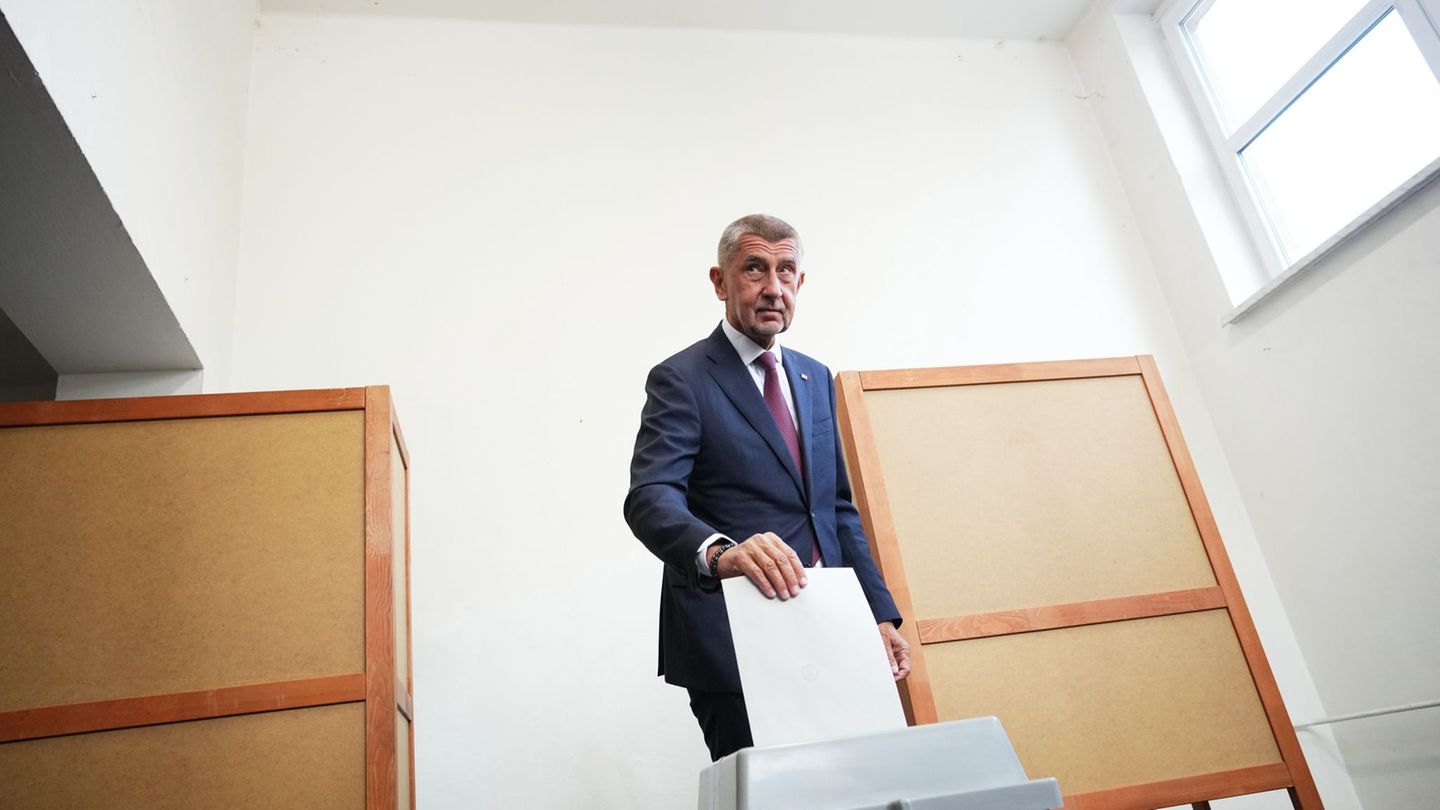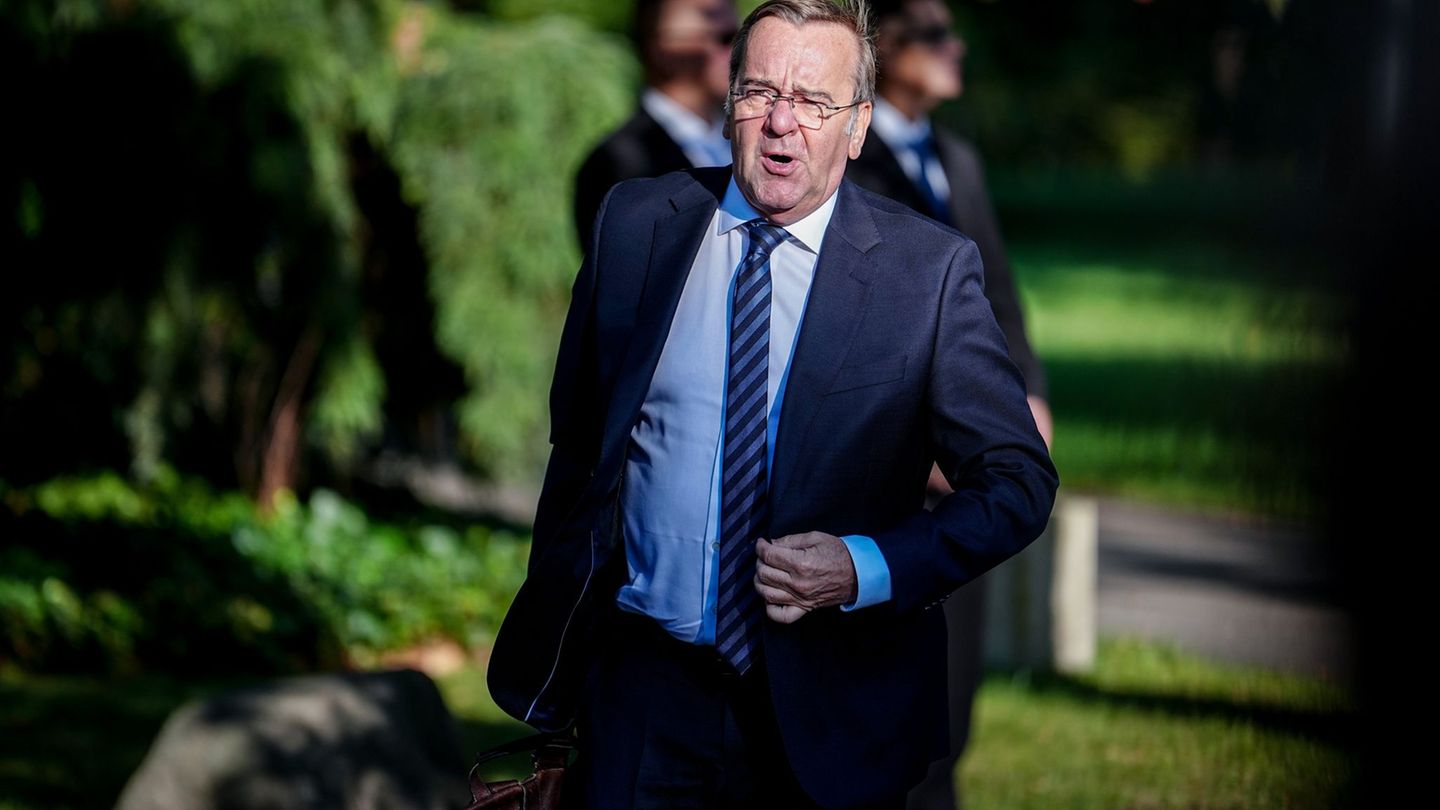The biotech group Valneva is working on a classic dead vaccine that could also convince people of the corona vaccination who distrust novel vaccines. But now the only customer has dropped out. The end for the bearer of hope?
The corona vaccinations are considered to be the most important means of getting the virus under control and ending the pandemic. As soon as possible, as many people as possible should be immunized before autumn. But the vaccination rate in Germany is far from where experts would like it to be. The Robert Koch Institute has targeted a vaccination quota of 85 to 90 percent, but actually only 62.7 percent of the population are currently fully immunized. Herd immunity seems to be moving further and further away. Especially since the vaccination campaign has long since lost momentum.
One reason for many who shy away from vaccination is still a lack of confidence in the vaccine. The vector and mRNA vaccines, so the criticism, were developed too quickly, too little is known about the long-term effects and possible dangers.
A classic dead vaccine could solve this problem. After all, this method is considered to be well researched and has been used for decades for flu vaccinations, for example. In addition, they can be produced comparatively quickly and stored at refrigerator temperatures – for several years. The only thing is that no such corona vaccine has yet been approved in the EU. The biotech group Valneva wants to close this gap and hopes for market approval by the end of the year. But then someone would have to buy the vaccine too. And it doesn’t look like that at the moment.
Inactivated vaccines have been tried and tested for decades
The phase 3 study relevant for approval is currently running in Great Britain. In this, the vaccine has to prove its effectiveness in comparison to the competitor product from Astrazeneca. It is also about proving that the vaccine would enrich the existing vaccination offer. The results are expected in the early fourth quarter of the year and are planned to feed into the ongoing rolling review process at the UK Medicines and Healthcare Products Regulatory Agency.
Unlike the corona vaccines previously approved in the EU, the vaccine candidate VLA2001 uses a traditional method. Killed pathogens are treated with vaccine boosters and then inoculated. The vaccination then stimulates the body to trigger an immune response and produce antibodies. Such dead vaccines have been used for years against diphtheria, polio and tetanus, among other things.
Inactivated vaccines use the entire inactivated virus and not just parts of the pathogen. This means that the body can develop a more extensive immune response, for example against the virus envelope. In terms of virus variants, this could be an advantage over previously approved vector and mRNA vaccines, whose main focus is on the spike protein of the coronavirus. This ensures that Sars-CoV-2 can dock and penetrate human cells. To prevent this, the cells are “trained” to recognize this spike protein so that it can then be fended off. To do this, both vector and mRNA vaccines smuggle the blueprint of the spike protein into the cells.
The demand is poor
In some countries, including China, Russia and India, such dead vaccines against Sars-CoV-2 are already used. We are not that far in Europe yet. A single dead vaccine, the Chinese vaccine Coronovac, is currently being tested by the European Medicines Agency (EMA). Valneva’s vaccine is the only one currently being tested in clinical phases in Europe. If approved, this would be the first dead corona vaccine from a western manufacturer on the market.
Despite the unique selling proposition, interest in the vaccine candidate is meager, to say the least. Only one country, Great Britain, has so far signed a contract with the biotech group. 100 million cans were ordered for the period from 2021 to 2022, with an option to increase to 190 million cans by 2025. Negotiations with the European Union, however, have so far been unsuccessful. Although the German Federal Ministry of Health announced in July that it expected eleven million vaccine doses VLA2001 in 2022.

Great Britain takes off
At the beginning of the week it was announced that the biotech company has actually dropped its only customer to date. Even before the final study data were even published, Great Britain pulled the rip cord. On Monday, the British surprised with the announcement that they had terminated the supply contract with the Franco-Austrian biotech group. Accordingly, the company violated supply agreements. An accusation that the group “emphatically” denies. In a statement, the company stated that it had invested significant resources and efforts in the collaboration.
While a spokesman for Prime Minister Boris Johnson did not want to say anything about the exact background of the termination, as the dispute with the company was still ongoing, Health Minister Sajid Javid caused a sensation on Tuesday with completely different arguments. “It was also clear to us that the vaccine in question, which the company was developing, would not be approved by the Medicines and Healthcare Products Regulatory Agency (MHRA) here in the UK,” he said in Parliament. He did not comment on the background.
The end for the bearer of hope?
Despite the current developments, Valneva stated in the statement on Monday that it continues to assume that an initial registration could be granted at the end of 2021. “Valneva remains committed to the development of VLA2001 and will increasingly seek other potential customers,” said the company. But nobody should wait for approval.
Even before the quarrels with the British, Thomas Lingelbach, head of Valneva, had spoken out in favor of vaccinations – regardless of the vaccine: “With Corona, every vaccination is better than no vaccination,” he said in an interview with ORF radio, “I’m trying Encourage everyone I speak to to get vaccinated and not wait for that vaccine “.




